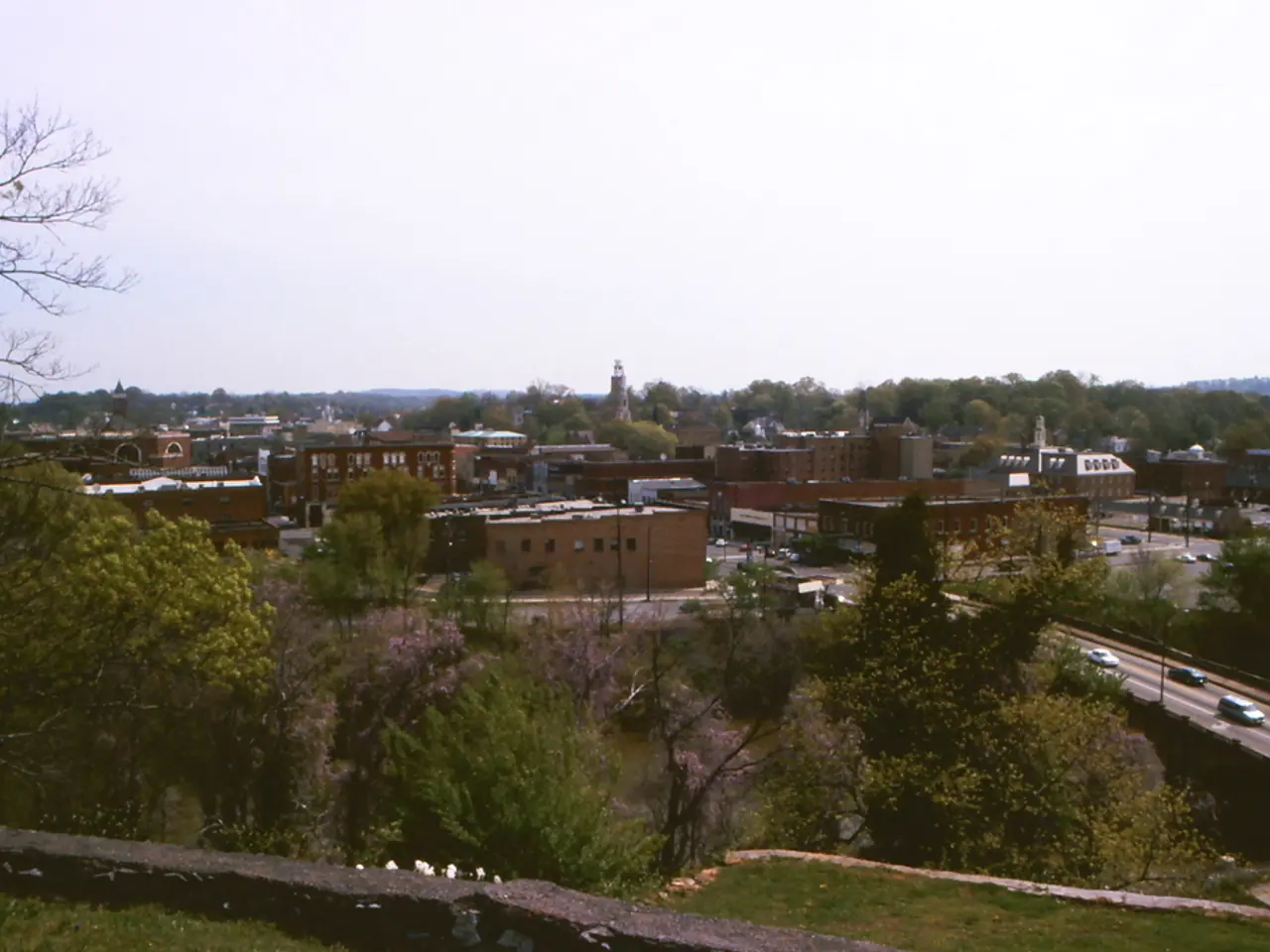Bucharest Citizens Cite Traffic, Expenses, and Air Pollution as Primary Issues
In the heart of Romania, the city of Bucharest is grappling with infrastructure gaps and environmental pressures as it continues to grow and modernize. A recent survey conducted by the Centre for Urban and Regional Sociology (CURS) from August 12 to 22, with a sample of 1,100 adults, has shed light on the complex challenges facing local authorities in the capital.
The survey results paint a picture of widespread dissatisfaction with the direction of Bucharest. A staggering 60% of respondents expressed disapproval, stating that the city is heading the wrong way. Only 33% of participants expressed confidence that the capital is moving in the right direction.
The survey highlighted several key concerns among Bucharest's residents. Cleanliness was a significant issue for 16% of respondents, and 14% highlighted pollution as a major concern. Hospitals were a worry for 10% of participants, and the heating system, a chronic issue in the capital during winter, was a concern for 8%.
The remainder of participants were either uncertain or critical about the city's direction. When asked about the most urgent issue City Hall should address, 17% of respondents pointed to traffic congestion, another 17% cited the cost of living as their top concern. Interestingly, parking and public transport were placed at the bottom of residents' concerns.
The survey results underscore the need for action from local authorities to address the issues raised by Bucharest's residents. As the city continues to grow and evolve, it is crucial that the voices of its people are heard and their concerns are addressed to ensure a sustainable and prosperous future for all.
Read also:
- Understanding Hemorrhagic Gastroenteritis: Key Facts
- Stopping Osteoporosis Treatment: Timeline Considerations
- Tobacco industry's suggested changes on a legislative modification are disregarded by health journalists
- Expanded Community Health Involvement by CK Birla Hospitals, Jaipur, Maintained Through Consistent Outreach Programs Across Rajasthan








